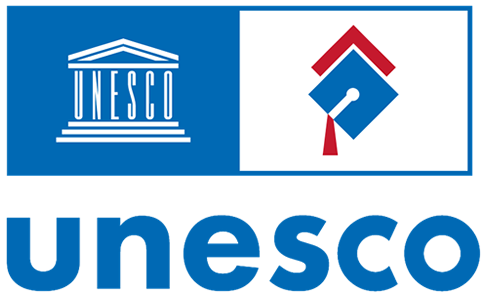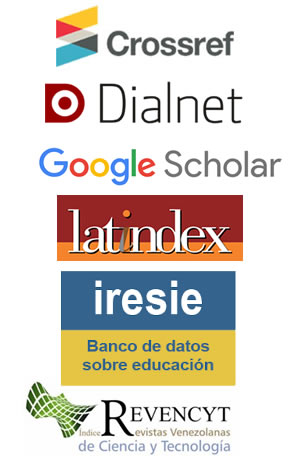PROSPECTS: KNOLEDGE BASED DEVELOPMENT AS AN INCENTIVE FOR EDUCATIONAL INNOVATION
Resumen
Prepared far presentation during the United Nations Educational, Scientific and Cultural Organization Congress "Educationand lnfonnatics: strengtheninginternational co-operation" 12-21 April 1989. (Paris, France)
The increasing volume and alverse character of the demand for learning bring about changes in the infrastructure for educational services. As the strategic role of local knowldege in development continues to be recognized and understood, the information sector may we emerge as a policy planning and decision-making framework to cultivate, raise and broaden the local knowledge-base. Sorne of the major prospccts for education and informatics come into focus and are understood as concepts, such as science and technology, learning and devclopment, and are expandcd to reflect deeper insights and new realities. No single organization or individual can predict at the positive and negative implications of education and informatics. ln order to ensure that change in the information sector and the educational enterprise responds to local needs, resources and aspirations, national and intemational co-operation should focus on strengthening the ability or Member States to organize their autonomous capabilities for understanding, integrating and guiding change. This paper explores through the len s of knowledge-based development a) sorne of the major prospects for
mobilizing the learning force through education and informatics and b) an approach ror strengthening intemational co-operation in ways which contribute to cultivating, raising and broadening local knowledge as a strategic resource.
Los derechos de autor permiten la protección del material original, y frena la utilización del trabajo ajeno sin permiso. UNESCO IESALC se adhiere a las licencias Creative Commons en la publicación de acceso abierto de la ESS. En concreto, los textos publicados en esta revista están sujetos a una licencia Creative Commons Reconocimiento-NoComercial 4.0 Internacional (CC BY-NC 4.0): Pueden ser copiados, distribuidos y difundidos siempre que se cite al autor, a la revista (Revista Educación Superior y Sociedad) y a la institución que los publica. No se permite el uso comercial. La licencia completa puede consultarse en https://creativecommons.org/licenses/by-nc/4.0/ La ESS requiere que los autores acepten el Copyright Notice como parte del proceso de envío. Los autores conservan todos los derechos.
 Reconocimiento – NoComercial (CC BY-NC 4.0)
Reconocimiento – NoComercial (CC BY-NC 4.0)
Esta revista no aplica ningún tipo de cargo a los autores por la presentación o procesado de los artículos. Los autores de las colaboraciones recibirán acuse de recibo de que el trabajo ha llegado al Equipo Editorial de la Revista.





-literales-100x311.png)
